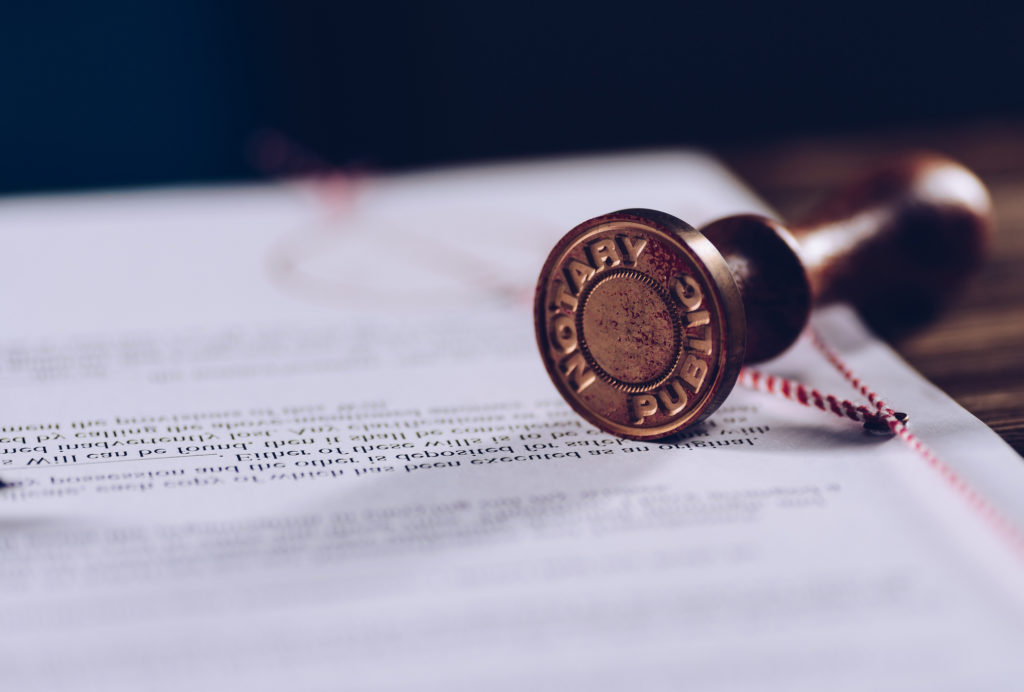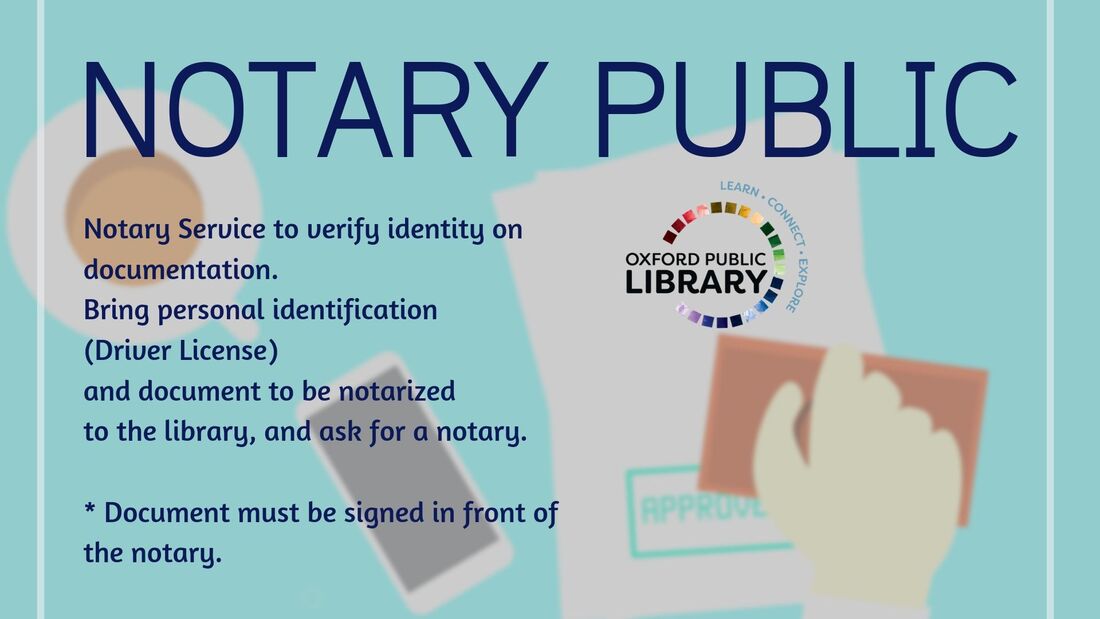Demystifying Notarial Work: Simplifying the Role and Importance of Notaries
Their duty, typically shrouded in mystery for many, brings significant weight in guaranteeing the legitimacy and stability of vital files. By deciphering the complexities bordering notarial practices and shedding light on the relevance of their acts, a more clear understanding arises of the crucial duty notaries play in promoting the material of legal and lawful arrangements.
The History of Notarial Work
The history of notarial work days back to old worlds, where scribes played a critical function in videotaping vital info and confirming papers. This led to the advancement of notaries, people selected by the state to act as objective witnesses in lawful matters.
Throughout the Center Ages, notaries obtained importance in Europe, with their functions broadening to consist of drafting lawful documents, accrediting trademarks, and preserving documents. The surge of worldwide profession further stressed the relevance of notarial operate in confirming contracts and arrangements across borders.
In the modern age, notaries proceed to play a vital duty in legal and company deals by confirming identifications, validating the authenticity of papers, and stopping fraud. Their function in licensing the legitimacy of agreements includes a layer of protection and trust to the ever-evolving landscape of commerce and legislation.

Responsibilities and Obligations of Notaries
The historical development of notarial job from old worlds to the modern-day age has shaped the distinctive responsibilities and responsibilities that notaries support in legal and organization purchases today. Notaries play an essential duty in validating the credibility of records and the identity of signatories. Among their primary responsibilities is to witness the finalizing of essential files, such as wills, acts, and agreements, to make certain that all parties are participating in arrangements knowingly and willingly. Notaries likewise confirm that signatories are of audio mind and not under discomfort or coercion.
They license copies of original papers, giving assurance to establishments that the copies are true replicas of the originals. On the whole, the duties and responsibilities of notaries are vital in safeguarding the integrity and legitimacy of various records and deals - Notary.
Notarial Certificates and Signatures
Exemplifying careful focus to detail, notarial certifications and signatures serve as vital parts in validating the credibility of legal files. Notarial certificates usually consist of critical details such as the day of notarization, the names of the notaries, a summary of the file, and the notary's official seal. These certificates give a clear record of the notarial act, making certain that the file can be quickly determined and mapped back to the notary that managed the procedure.
Signatures play a critical duty in notarial great site job, as they signify the arrangement and approval of the parties included. Notaries very carefully witness the signing of files to confirm the identification of the signatories and verify that they are authorizing of their own free choice. By attaching their main seal and signature to the file, notaries license that the needed treatments have been complied with and that the file is valid and enforceable.
Essentially, notarial certificates and signatures are the hallmark of authenticity in lawful deals, supplying guarantee to all parties entailed that the files are reputable and binding.
Significance of Notarial Acts

Notarization Refine Explained
The registration procedure commonly starts with the specific providing the document to a notary public. When the identification is validated, the notary ensures that the individual authorizing the record does so willingly and without any kind of browbeating.

Final Thought

Notarial certifications commonly include essential details such as the date of registration, the names of browse around here the signatures, a summary of the document, and the notary's official seal. These certifications offer a clear record of the notarial act, making certain that the file can be conveniently determined and mapped back to the notary that supervised the link process.
By attaching their official seal and signature to the paper, notaries certify that the necessary treatments have been complied with and that the file is enforceable and legitimate.
By validating the identity of the signatories, verifying their readiness to enter right into the agreement, and accrediting the day and location of the finalizing, notaries play a vital role in supporting the validity of lawful files.After the paper is signed, the notary will fasten their official seal or stamp onto the record.